Five Really Obvious Ways to Save Money Better Than You Did
Managing money effectively is a challenge many of us face, especially when we're young and just starting out. It’s easy to overlook basic strategies that can have a profound impact on our financial well-being. If you’re looking to refine your savings strategy, here are five straightforward ways to improve your savings game and build a more secure financial future.
- Maximize Your 401(k) Contributions
One of the most impactful yet overlooked ways to save money is taking full advantage of your employer's 401(k) match. If you’re in your 20s or 30s and not fully participating in this benefit, you’re missing out on “free” money. Many employers offer to match a percentage of your contributions, which is essentially a guaranteed return on your investment. For instance, if your employer matches 50% of the first 6% of your salary that you contribute, and you’re only contributing 3%, you’re leaving money on the table. Ideally, you should contribute enough to get the full match; it’s like getting an immediate 50% return on that portion of your investment. The earlier you start, the more you benefit from compound growth over time.
- Set Up Automatic Savings
Another simple yet effective way to save is through automatic transfers. Setting up an automatic transfer from your checking account to a savings account ensures that you save before you even have a chance to spend. This method is often referred to as “paying yourself first.” Decide on a fixed percentage or amount from each paycheck and have it automatically deposited into a savings account. This technique makes saving a routine and reduces the temptation to spend that money. Since the transfer happens before you even see the money, it’s easier to adjust to a lower available balance and avoid unnecessary expenditures.
- Create and Stick to a Budget
Many people think budgeting is restrictive, but it’s actually empowering. Creating a budget involves tracking your income and expenses, and then planning how to allocate your funds. This allows you to identify areas where you might be overspending and redirect those funds toward savings. There are many budgeting tools and apps available that make this process easier and more manageable. By regularly reviewing and adjusting your budget, you can ensure that you are consistently saving and investing toward your financial goals. Remember, a budget isn’t a one-time task; it’s an ongoing process that helps you stay on top of your financial health.
- Cut Unnecessary Subscriptions and Expenses
Subscription services and recurring expenses can quietly drain your budget. From streaming services and gym memberships to magazine subscriptions and premium apps, these small costs add up over time. Regularly review your subscriptions and memberships to determine which ones you actually use and need. Cancel the ones you don’t use or can live without. Additionally, reevaluate your regular expenses—perhaps switching to a less expensive phone plan or cutting back on dining out could free up additional funds. By trimming these non-essential expenses, you can redirect more money toward savings and investments.
- Avoid High-Interest Debt
High-interest debt, such as credit card debt, can significantly hinder your savings efforts. The interest on these debts compounds quickly, making it harder to pay off the principal and more challenging to save effectively. Prioritize paying down high-interest debt as quickly as possible. Consider strategies such as the snowball method (paying off the smallest debts first to build momentum) or the avalanche method (focusing on the debts with the highest interest rates first). Once you’ve eliminated or reduced high-interest debt, you’ll find it easier to allocate those funds toward savings and investments.
In conclusion, while it’s easy to look back and wish you had managed your money differently, there are still plenty of opportunities to make positive changes. By taking full advantage of your 401(k) match, setting up automatic savings, budgeting effectively, cutting unnecessary expenses, and avoiding high-interest debt, you can significantly improve your financial situation. Implementing these strategies requires some discipline and planning, but the long-term benefits of improved savings and financial security are well worth the effort. Start today, and you’ll be setting yourself up for a more financially secure and prosperous future.

